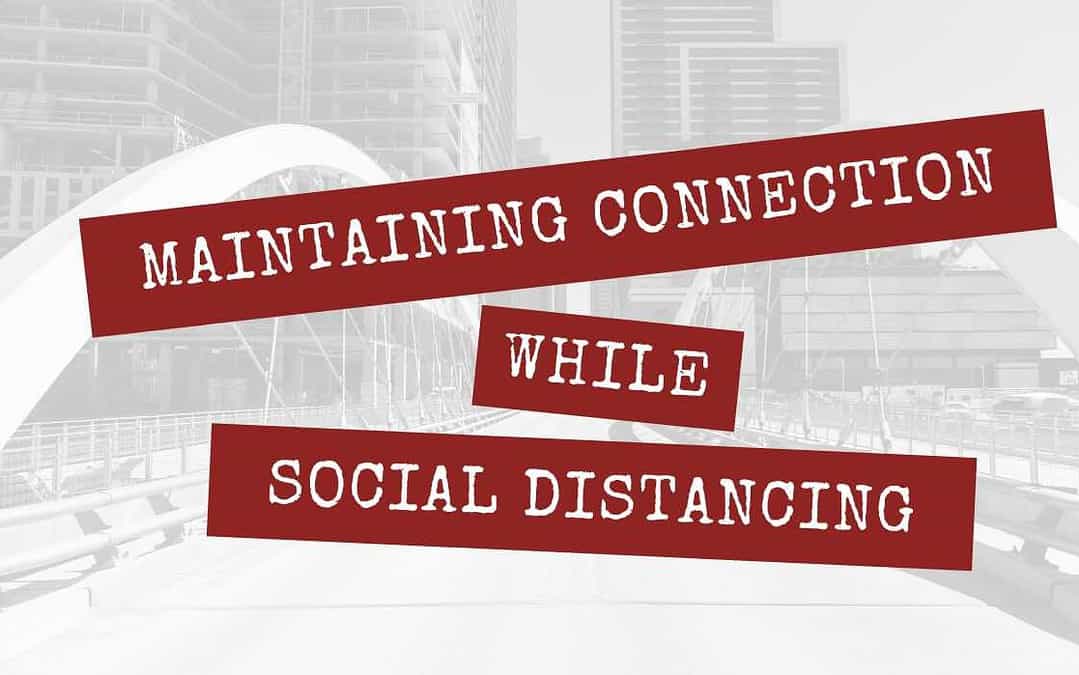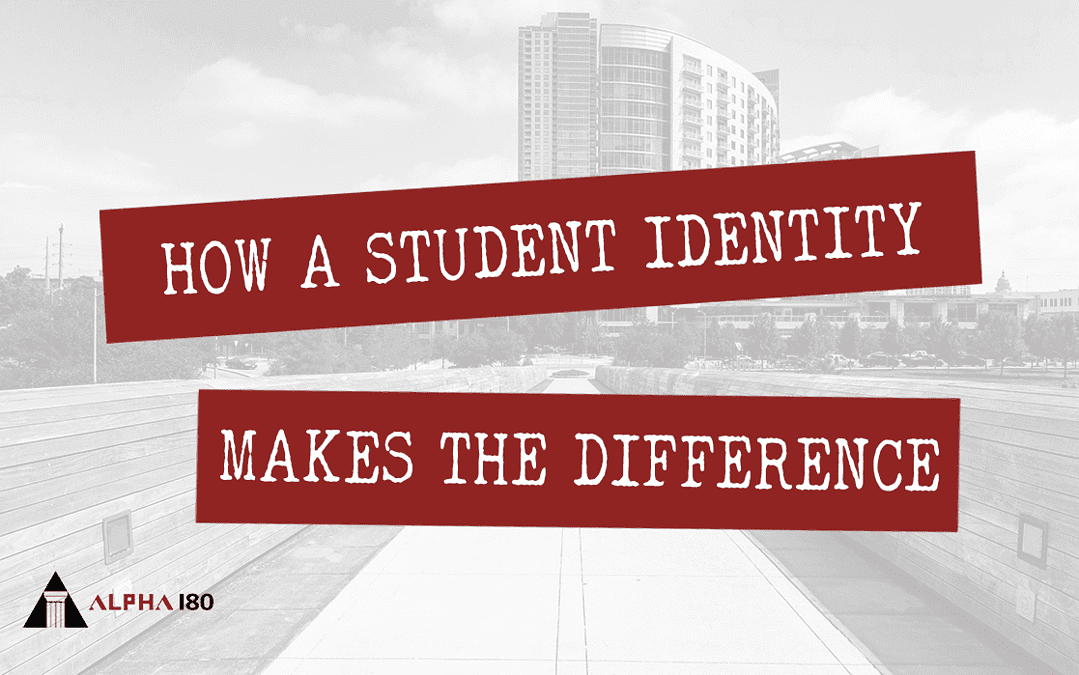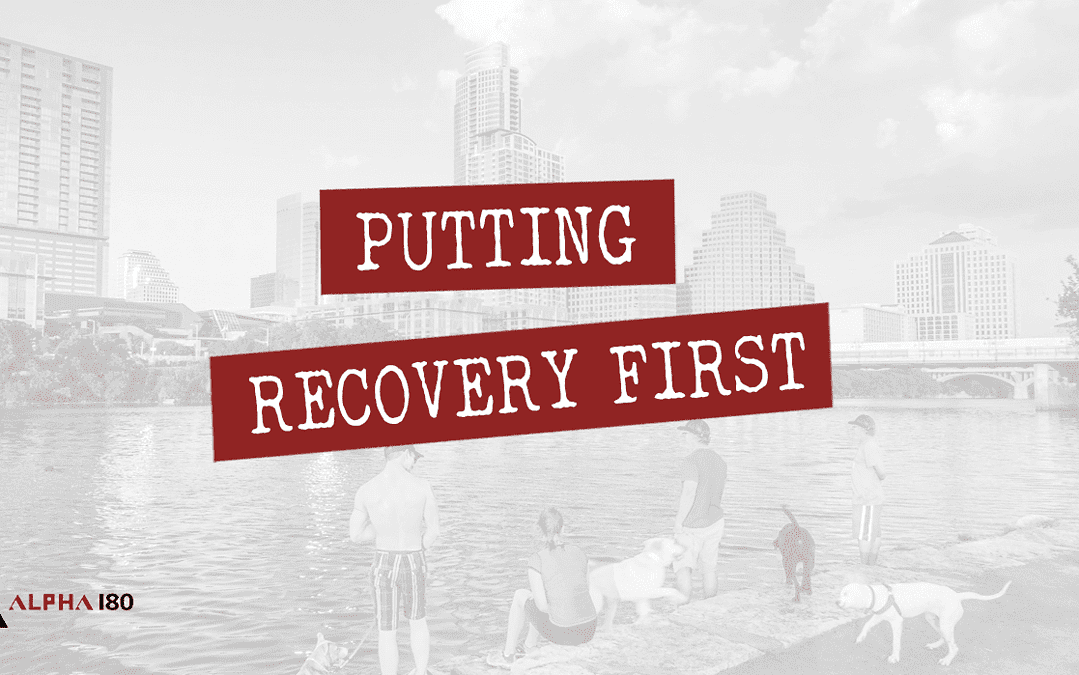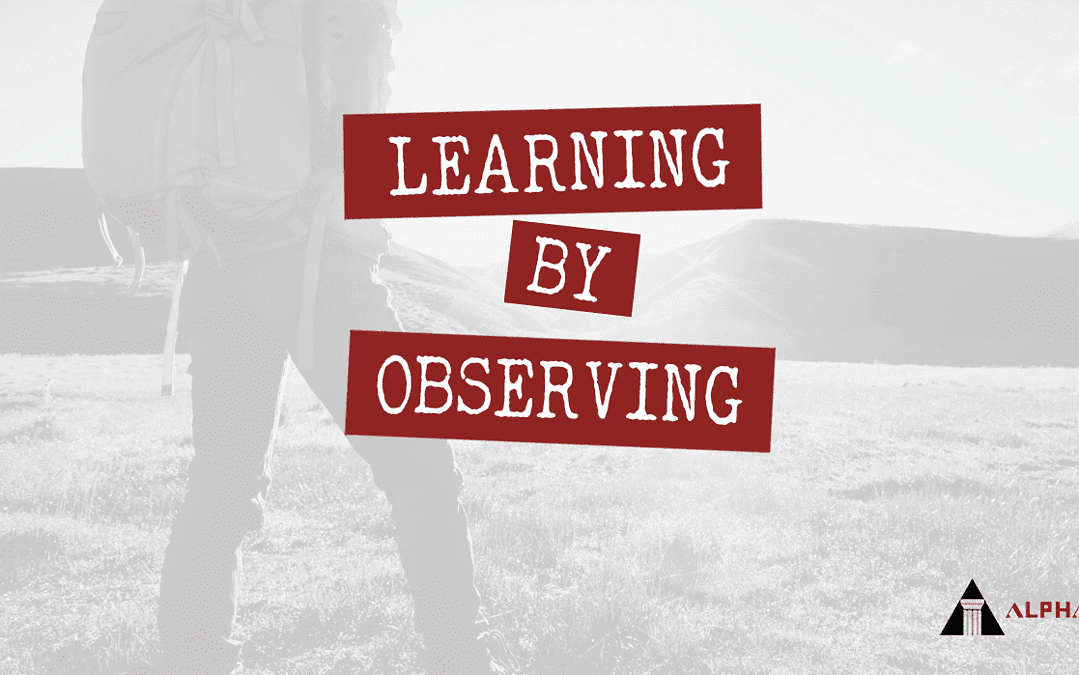Today is all about love, about being grateful for the people that mean so much to us and letting them know why they are so meaningful in our lives. It’s Valentine’s Day, a day to let loved ones, friends and partners alike know we love them, a day to be happy about how lives are connected, pasts shared and futures envisioned. It has amazing potential to be such a happy day. But, as many people are aware, it can be a painful day too, especially if someone you love dearly is struggling.
If a loved one is in the grips of an addiction or pattern of unhealthy behavior concerning drugs or alcohol, it can feel like there are precious few options. It can feel awkward to try and reach them, or discouraging because things haven’t worked out in the past. Luckily, you are not alone, no matter how alone you may feel. There are thousands upon thousands of people who today are living bright, productive, purpose-filled lives because someone who loved them showed them they loved them when they were in the dark grips of an addiction. Today, we want to share a few ideas that you can use should you find yourself in a place of genuine concern for the addictive behaviors of someone you love. There are no guarantees that anything will work, but these are things that have worked in some cases and are things that, in our opinion, are good places to start.
Firstly, it is always a good idea to let your loved one know you are around and willing to talk, or simply listen, judgment free. It can be surprising how frequently someone with an addiction issue is willing to admit it, and are simply waiting for an invitation to do so. The key in this instance is to be judgment free, visibly anyhow. After a few consecutive days of simply asking the person how they are doing and that you are there to chat anytime has been known to lead to some large, surprising admissions or requests for help. These really should not be met with visible shock or detestment, even if that is the instinctive reaction. When there is something of this nature that is revealed, voluntarily or otherwise, a large reaction can harden the addict, diminishing further chances of effectively reaching them. Instead, a continued genuine display of care, coupled with a steady reaction, are generally good ways to begin the process of walking with your loved one into recovery.
Know your (loved one’s) options.
There are tons of places that assist individuals with addiction issues. From long term inpatient facilities to local groups that meet occasionally to support one another, meditation to athletics, there are a lot of structured support group options. Are you more interested in trying an AA sort of solution, or do you think meditation and community will be more helpful? There is no one size fits all solution, but doing research on the different ways that people with addiction find recovery and support is important so that you can offer actionable ideas should your loved one ask for them.
It is important to hold your boundaries. This first requires setting boundaries. Here is a guide to setting boundaries with addicts and alcoholics. When setting boundaries, make sure to cover all contingencies, such as relapse, legal and health complications, and varying periods of success. It is important to hold your boundaries because if they are seen to be flexible, they will be pushed until they are no good. This doesn’t mean your loved one wants to manipulate you, but it does mean that, when they are in the grips of an addictive cycle, they may attempt to get you to roll back a boundary so that they can get what it is they think they want in the moment. It may look like allowing your loved one to suffer the consequences of their actions, which can be one of the hardest things to not interfere in. But everyone in this world needs to know that some things have consequences, and it is not a cruel thing to let people learn that lesson. It is recommended to make your boundaries known ahead of time. Instead of boundaries, we like to think of them as reactions, a “if you do this and I will do that” sort of thing. Remember, boundaries can be in response to good things as well as bad. But regardless, make them known and stick to them. Not holding boundaries is sometimes called enabling, in which the behavior of one person, often looking like offering financial help despite better judgment or trying to keep someone from having to deal with the consequences of their actions, allows the other person to keep up with their unhealthy behavior even if they otherwise couldn’t without your “assistance.” Enabling, though it may feel good, virtually never is in the long term best interest of anyone.
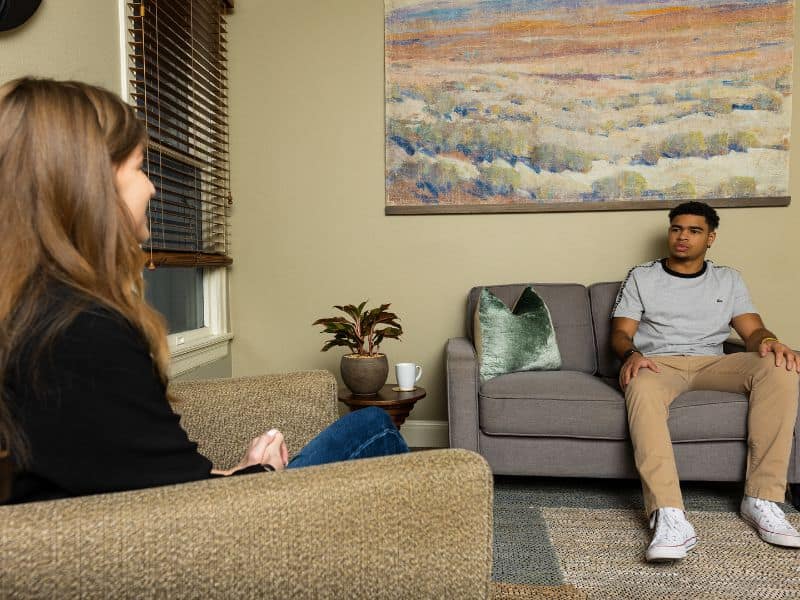
It is important to remember that it is not your job to get your loved one to the point where they are ready to make a change. From the perspective of someone who has never been addicted, addiction can be a very confusing and illogical state of being. It may seem like something as simple as ‘just stop’ or ‘this is hurting you and your future’ should be enough to get someone to change a damaging pattern of behavior, and it is undoubtedly frustrating when it does not. But it may take more than that for a person to be ready to change. You are not responsible for forcing someone to be ready to change, that would be setting yourself up not only for disappointment, but also for unneeded tension with the person you love and want so badly to help. You should make it known that you care and want to help, that you have solutions should they be interested and that you will help when asked. This may be the hardest, but also most important, time to remember that you can lead a horse to water but you can’t make it drink. Forcing the horse to drink will only anger the horse and make it resistant to water. A lot of addicts find their way to willingness and help, but we cannot do that for them.
Helping your loved one get in contact with a professional they trust is a tried and true method once your loved one expresses interest in such a thing. There are all sorts of professionals, from inpatient care professionals to counselors that your loved one could see once a week in a counseling center. Encouraging your loved one to see a professional, and having all levels of suggestions at the ready, is important not only because getting your loved one in front of someone who is trained to help people overcome dependency on drugs and alcohol can provide them with coping and life skills to assist them in their recovery, but also because many people find it easier to be honest with someone they are not deeply connected with. Everyone is different but lots of addicts find great comfort in finding a therapist who has experience with addiction who they trust.
As I mentioned at the beginning, there are no guarantees about much of anything. You may try everything and more, and the result may still be unsuccessful. That however, is no reason to admit defeat. There are groups of people, people who love someone dearly who has not yet recovered from an addiction, that lead happy, peace-filled lives as a result of coming to grips with the hand they have been dealt. An incredible resource for these sorts of people is called Al-anon. Al-anon is like Alcoholics Anonymous, but for the families and loved ones of the addicted, a place where they go for support in dealing with the fact that they deeply love someone with a scary addiction, whether they be in recovery or not. Alpha Behavioral Health hosts an Al-anon meeting on Sundays at 7PM at their main clubhouse, located at 1904 Nueces St. Austin, TX 78705.
If you need someone to talk to or have a loved one who is willing to seek help, give us at Alpha Behavioral Health a call at 833-257-4218.
None of what is contained in this article is medical advice or prescriptive in any way. We cannot guarantee that anything will have any specific outcome. These are simply things that have been impactful for some people in some situations, but are not guaranteed to be.
In Alcoholics Anonymous, there is a core tenant called ‘keeping your side of the street clean.’ The idea is that it is useless to worry about what someone else is doing because it can be very hard, and harmful, to attempt to get someone to change the way they do something. This is a useful ethos to keep in mind, no matter how difficult, when going through the difficulty of having a loved one suffering from addiction. By no means does it mean to not follow the suggestions in this article and seek additional council. What it means is that there is a limit to the help anyone will be receptive to, and no matter where that limit is, each person can choose to accept it, or not. There is no sure-fired formula for how to help someone battling drug and alcohol use, or for knowing when you have offered too much help. But seeking the council of those who have been there before, Al-anon is a great place to start, and asking yourself if your side of the street, your conscious, is clean in regards to the situation is a good place to start.
If you need someone to talk to or have a loved one who is willing to seek help, give us at Alpha Behavioral Health a call at 833-257-4218.
None of what is contained in this article is medical advice or prescriptive in any way. We cannot guarantee that anything will have any specific outcome. These are simply things that have been impactful for some people in some situations, but are not guaranteed to be.



